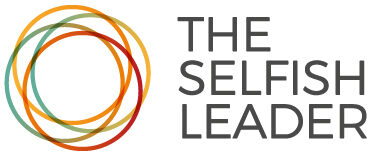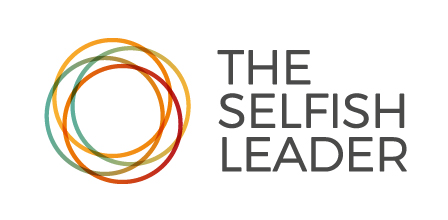A few years ago, I met a serial entrepreneur who was building something to change the way humans interact. It sounded simultaneously incredible and terrifying.
Unfortunately, I can’t remember his name or the name of his venture but I remember his mission vividly: to enable us all to see each other as truly unique individuals and respond to this with better interactions.
His product was a combination of psychology, neuroscience and artificial intelligence (especially NLP). The premise was simple. By opting in to the service, an algorithm has access to your emails, calendar, LinkedIn, Slack, anything you might use in your professional life to communicate with others.
This algorithm is able to pick up emotional cues from the language you use in your digital communications with other people, and vice versa. This gives an indication of your personality traits, preferences and so on.
Over time, it can accurately infer not just your emotional state but the emotional state of someone you’re engaging with.
His vision was to add in big data to enhance this even further. For example, reading and analysing what a person has posted publicly or noticing that at particular times of day or during certain types of weather, there is a shift in mood or emotions.
It would be possible, he said, to have a very clear insight into a person you’re about to meet with this morning right down to knowing how receptive they might be to your intentions for the meeting.
Are there sirens going off in your head?
You might be thinking what I was thinking about when he told me all this: privacy issues, surveillance, data sovereignty, the ethics of emotional manipulation etc.
I shared my concerns with him but what I loved about his idea was his starting premise: there are 8 billion personality types on the planet so let’s approach relationships that way instead of putting people into boxes or categories.
Part of his explanation was about the limitations of profiling tools like MBTI and Enneagram, and our natural neurological tendency to pattern match people i.e. put them into boxes. I see some value in profiling tools and personality types but I can also see how they only take us so far.
Putting aside the very real ethical concerns, what struck me was that he was attempting to use technology to shortcut and enhance the most powerful work we can each do: seek to understand ourselves and others much more deeply, by tuning in to what is beneath the surface.
Should we need technology to facilitate this?
We all have a natural capacity to listen and empathise so attentively, that we can sense what is really being expressed or not being expressed at all. This is a muscle we can train to the point of being a superpower, an essential skill for successful leadership and relationships.
The most powerful personality profiling tool in the world is not an algorithm, it’s YOU.
Nor do we need to constantly look outside ourselves to pre-defined notions of what it is to be a great leader, high performer, entrepreneur and so on. The greatest possibility is to define those roles in ways that make sense for each of us.
There are 8 billion unique people on this planet and you’re one of them.
To grow as a leader, the most powerful point of leverage to start with is in understanding yourself. To quote Bob Anderson, “If you want to go higher, you need to go deeper.”
True growth and learning is an inside game, an individual journey. Start with you.





